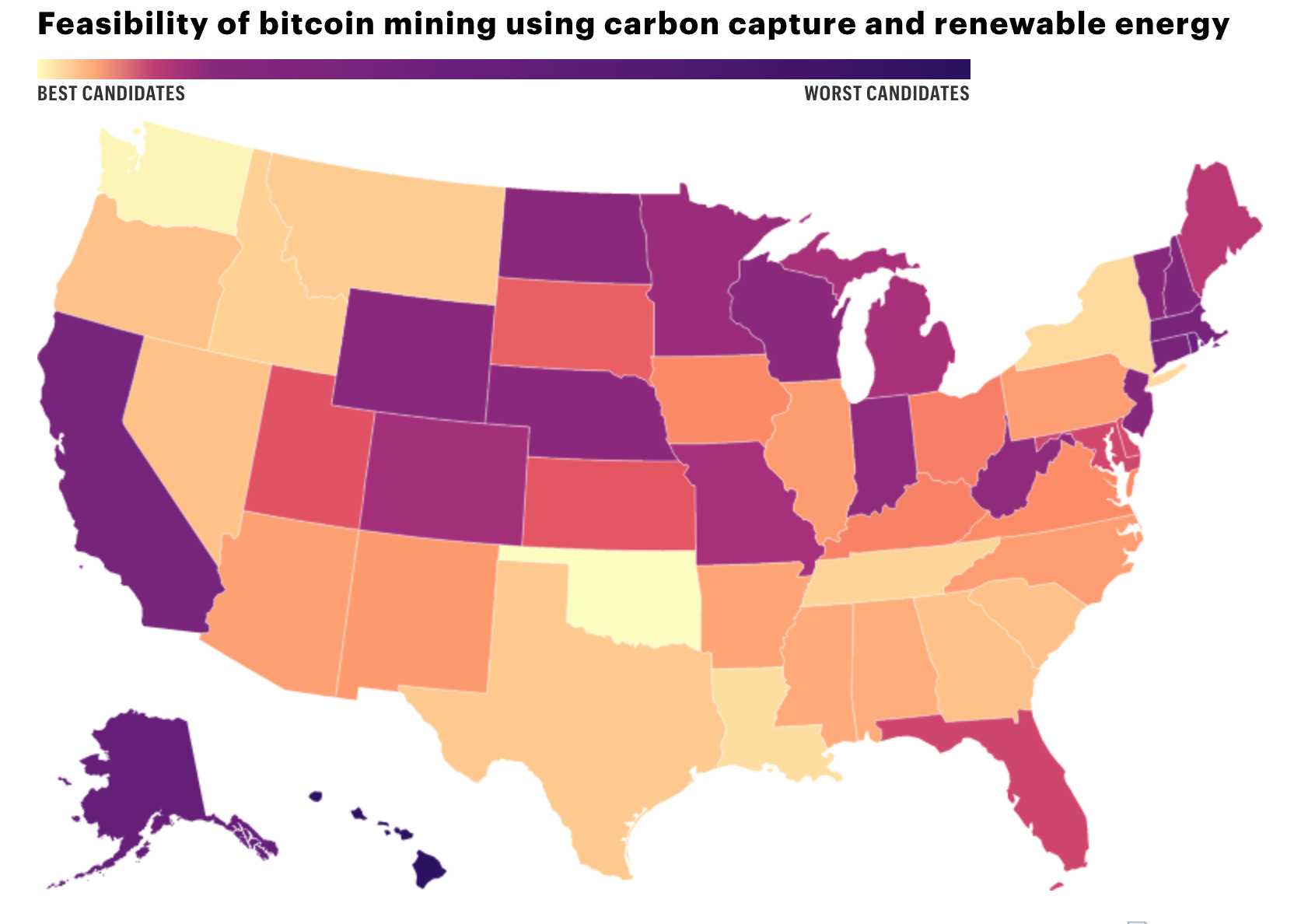|
Getting your Trinity Audio player ready...
|
While New York and Texas turn their back on block reward miners, Arkansas is taking a different approach, with legislators in the southern state passing a bill that seeks to regulate the industry and protect miners.
Last week, the Arkansas Data Centers Act of 2023 sailed through the state Senate and House of Representatives. It seeks to recognize the contribution of block reward miners to the state’s economy and set the foundation for comprehensive regulations to protect investors from “fraudulent business practices.”
Arkansas intends to “recognize that data centers create jobs, pay taxes, and 8 provide general economic value to local communities and this state,” the bill states. It further seeks to protect these miners from “discriminatory industry-specific regulations and taxes.”
The bill comes just days after Texas took a major stride towards passing a bill that limits benefits for digital asset miners in the state. Texas, which accounts for a much larger share of the BTC hash rate than Arkansas, is also seeking to cut off miners from the state’s grid operator’s demand response program, which rewards them for giving up their power usage.
New York, the largest player in the American block reward mining industry, has also turned against the industry. Last November, Governor Kathy Hochul signed into law a controversial bill that banned any proof-of-work mining that relies on carbon-based fuels for at least two years.
With the bill, Arkansas could provide a new home to some miners fleeing the two largest hubs in the United States.
The Natural State will only require miners to pay all the applicable taxes and government fees “in acceptable forms of currency” and “operate in a manner that causes no stress on an electric 25 public utility’s generation capabilities or transmission network.”
In addition, it protects home miners—those doing it in residential areas—from being considered money transmitters under the state’s Universal Money Services Act.
Even before passing the new bill, Arkansas already ranked as one of the most ideal states for block reward miners, as per a study by researchers at Cornell University.

Watch: Blockchain mining & energy innovation

 03-04-2026
03-04-2026 




